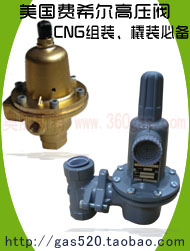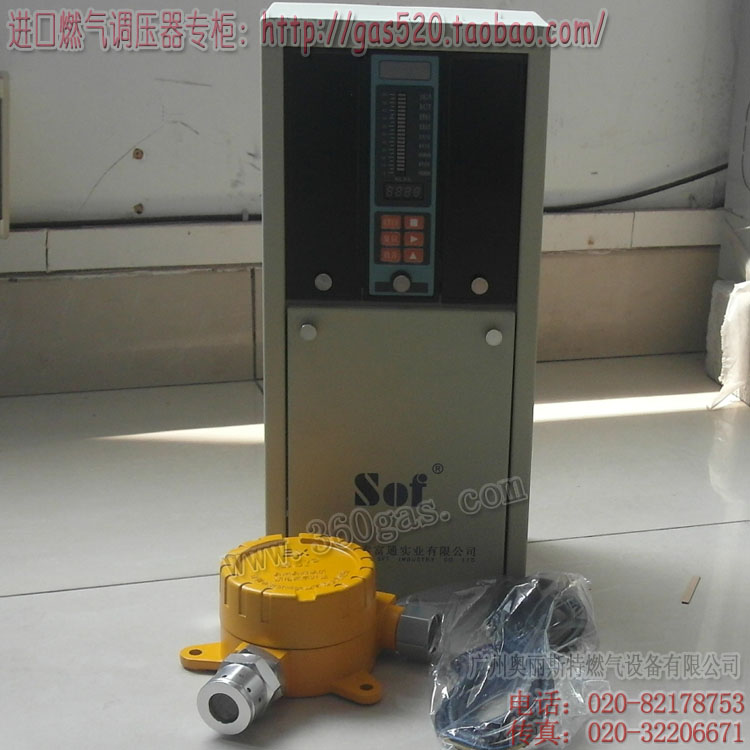位置:首页 > 燃气资讯 > Galileo Virtual Pi
Galileo Virtual Pipeline Opens Up CNG Supply to New York Fleets
浏览次数 770 , 日期 2015-02-02 , 燃气设备 加入收藏
Mobile Fuel Solutions (MFS), a New York company specializing in the supply of fuel, is preparing to set up the first of two Virtual Pipeline™ systems to fuel two large fleets, one that transports goods and the other one offering public services, both at refueling places and on the road. Galileo Technologies of Argentina will supply the Compressed Natural Gas system, designed to transport natural gas by road where there are no pipelines.
The adoption of the Galileo Virtual Pipeline System is expected by MFS to encourage the use of natural gas vehicles, as it will allow different companies to choose this clean fuel without the need to invest in their own fuel stations which are expensive and whose installation permits are not easy to obtain.
In addition, it will also allow shortening the distance between the current small network of CNG stations in New York and consumers. It will no longer be necessary to move vehicles for long distances away from their route just to refuel.
“Through the Virtual Pipeline technology, we want to broaden the scope of the current natural gas infrastructure,” Dean Sloane, CEO of MFS, stated. “The first refueling unit provided by Galileo Technologies will be in operation by early February,” he added.
The mobile platform of this Virtual Pipeline™ uses a VST-2™ trailer, equipped with two MAT™ containers. The first one transports 28 horizontal cylinders of CNG and 297 GGE (1060 m3), and the second one, 39 cylinders and 418 GGE (about 1500 m3).
The system’s advantage relies on the first container with lower capacity, as this “B” type MAT™ houses the hydraulic compressor and the pump that allow the trailer to run as a mobile station with a fuel stock of CNG higher than 700 GGE (about 2500 m3).
MFS is planning to add a second VST-2™ trailer by the end of the first quarter of 2015 and it foresees a great demand that could require up to four MATs per trailer. Another service alternative that the company is assessing is to install VST™ trailers or MAT-B™ containers permanently where consumers require greater fuel demand. “The interchangeability and the refueling capacity of MAT™ offer the possibility to set up CNG stations under minimum capital requirements,” Sloane stated.
Firstly, MFS will supply its mobile stations on a CNG station located on Long Island, which will act as the main station of the system. In turn, it is building its own main station at Orangetown on the northern part of New York and it is planning to launch it in July. This second source of natural gas will be equipped with a Gigabox™ CNG compressor, also provided by Galileo Technologies, which will be able to pump from 3 to 5 million GGE (10.71 to 17.85 million m3) per year.
“The working methodology through which MFS will start its activities shows how our Virtual Pipeline™ can enhance the scope of the current infrastructure of CNG stations. Moreover, when MFS will have its own main station, the scope of the distribution network of gas pipelines will also expand,” Gabriel Lorenzi, Regional Sales Manager of Galileo Technologies in the United States, commented.
“This way, the service network that supplies CNG drivers will expand in a faster way, since there will be no need to develop new underground pipelines or fixed CNG stations, which would require great investment,” Lorenzi added.
Since its launch by Galileo Technologies, a corporate sponsor of NGV Global, the Virtual Pipeline™ has allowed supplying of natural gas to different users such as remote communities and mines in Argentina, tourist resorts in Dominican Republic, and industries in Indonesia and Bulgaria, among other applications.
The adoption of the Galileo Virtual Pipeline System is expected by MFS to encourage the use of natural gas vehicles, as it will allow different companies to choose this clean fuel without the need to invest in their own fuel stations which are expensive and whose installation permits are not easy to obtain.
In addition, it will also allow shortening the distance between the current small network of CNG stations in New York and consumers. It will no longer be necessary to move vehicles for long distances away from their route just to refuel.
“Through the Virtual Pipeline technology, we want to broaden the scope of the current natural gas infrastructure,” Dean Sloane, CEO of MFS, stated. “The first refueling unit provided by Galileo Technologies will be in operation by early February,” he added.
The mobile platform of this Virtual Pipeline™ uses a VST-2™ trailer, equipped with two MAT™ containers. The first one transports 28 horizontal cylinders of CNG and 297 GGE (1060 m3), and the second one, 39 cylinders and 418 GGE (about 1500 m3).
The system’s advantage relies on the first container with lower capacity, as this “B” type MAT™ houses the hydraulic compressor and the pump that allow the trailer to run as a mobile station with a fuel stock of CNG higher than 700 GGE (about 2500 m3).
MFS is planning to add a second VST-2™ trailer by the end of the first quarter of 2015 and it foresees a great demand that could require up to four MATs per trailer. Another service alternative that the company is assessing is to install VST™ trailers or MAT-B™ containers permanently where consumers require greater fuel demand. “The interchangeability and the refueling capacity of MAT™ offer the possibility to set up CNG stations under minimum capital requirements,” Sloane stated.
Firstly, MFS will supply its mobile stations on a CNG station located on Long Island, which will act as the main station of the system. In turn, it is building its own main station at Orangetown on the northern part of New York and it is planning to launch it in July. This second source of natural gas will be equipped with a Gigabox™ CNG compressor, also provided by Galileo Technologies, which will be able to pump from 3 to 5 million GGE (10.71 to 17.85 million m3) per year.
“The working methodology through which MFS will start its activities shows how our Virtual Pipeline™ can enhance the scope of the current infrastructure of CNG stations. Moreover, when MFS will have its own main station, the scope of the distribution network of gas pipelines will also expand,” Gabriel Lorenzi, Regional Sales Manager of Galileo Technologies in the United States, commented.
“This way, the service network that supplies CNG drivers will expand in a faster way, since there will be no need to develop new underground pipelines or fixed CNG stations, which would require great investment,” Lorenzi added.
Since its launch by Galileo Technologies, a corporate sponsor of NGV Global, the Virtual Pipeline™ has allowed supplying of natural gas to different users such as remote communities and mines in Argentina, tourist resorts in Dominican Republic, and industries in Indonesia and Bulgaria, among other applications.








